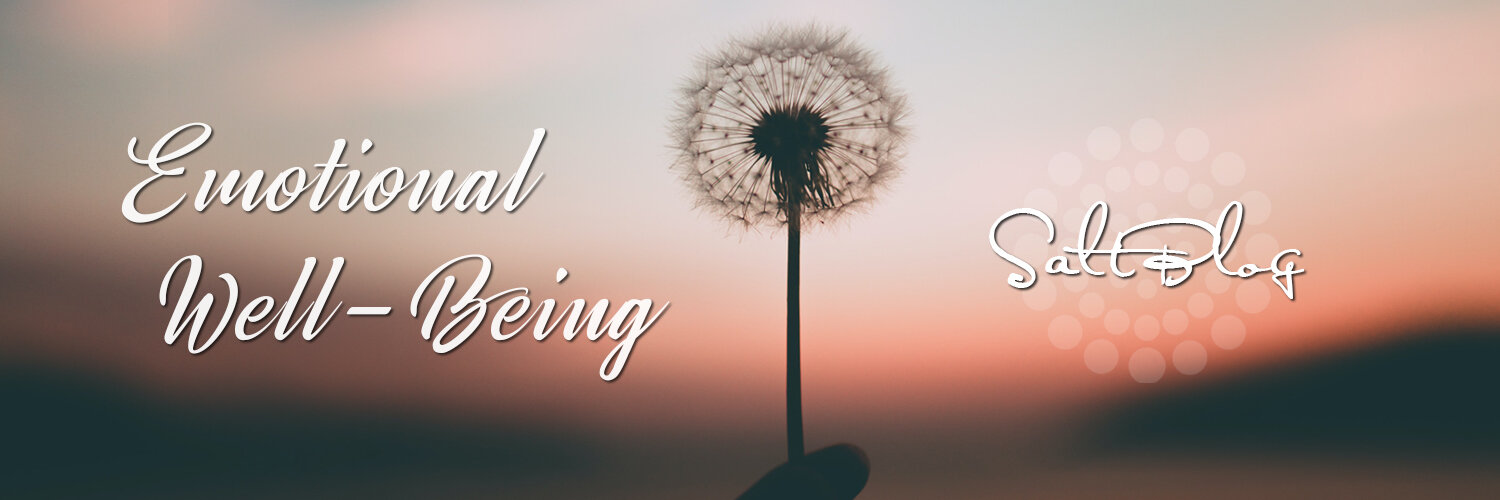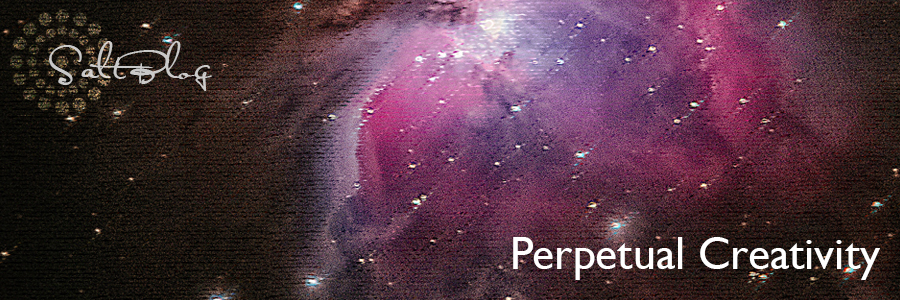I need to confess something and I hope you’ll keep reading even if your opinion differs: I strongly dislike football. I do, American football that is. Soccer, aka football-to-the-rest-of-the-world, is okay. I have tried to watch football many times, but it turns out I’m not interested enough to learn the rules. If I’m going to watch men dance around in tights, my preference would be ballet. It’s very boring to me, and the games are so long. And why is it called football when the ball is rarely kicked?
If you do like football, would you still consider being my friend?
What if we weren’t talking about football at all, but about public health policy or (insert political issue here)?
The circumstances surrounding the pandemic and our current political climate have been challenging and divisive. We’re exhausted. Our relationships have been strained and some of them have not survived this season. I’ve heard the pandemic referred to as “the relationship accelerator,” because it led many new couples towards marriage and some long-term couples towards divorce.
This season has also led me to re-examine and question my relationship to American Christianity. Christians have been a significant contributor to the divisive environment we find ourselves in today, and I am very saddened by this.
If you, like me, are disturbed by the divisiveness we’re seeing now in our culture and the Church, perhaps the solution can be found by going back to the basics of our faith.
Isaiah 9:6
“For unto us a child is born, unto us a son is given. And the government shall rest on his shoulders. And he will be called Wonderful Counselor, Mighty God, Everlasting Father, Prince of Peace.”
During the season of Advent, we remember the miracle of Christmas: that God loved us enough to come and dwell among us in the form of baby Jesus all those many years ago. He was and is and always will be, the Prince of Peace.
If we seek to follow the way of Jesus, this Prince of Peace, what should that mean for us? In the book of Matthew, Jesus says, “Every good tree bears good fruit, but a bad tree bears bad fruit…by their fruit you will recognize them.” (Matthew 7:17, 20)
Later in the New Testament, Paul revisits and expounds the metaphor of fruit, when he writes, “The fruit of the Spirit is love, joy, peace, patience, kindness, goodness, faithfulness, gentleness, and self-control.” (Galatians 5:22)
I believe Jesus would caution all of us from pointing fingers at other believers who we perceive as part of the problem, without first examining our own hearts and (in)actions. How have our own actions demonstrated the fruit of the Spirit in our lives, or not? What about the large and small ways that we’ve chosen not to act? Have you ever wanted to tell someone that their joke or comment was inappropriate, but lacked the courage to do so? How well have you loved your neighbor?
To follow the Prince of Peace means to follow the path of love and to turn the other cheek when we are insulted. And yet, I do not believe that the call to follow Jesus is a call to become a doormat, to let others walk over and take advantage of our kindness.
Bringing peace necessitates restoring broken relationships. I believe that broken relationships can only be restored when we stand up for truth and justice, and people are held accountable for their actions. Following Jesus and working to bring peace through restored relationships and accountability is a difficult and scary process. It takes strength and courage. Perhaps that’s why C.S. Lewis chose to depict Christ as a lion in the Chronicles of Narnia.
“‘Aslan is a lion — the lion, the great lion.’
‘Ooh,’ said Susan. ‘I’d thought he was a man. Is he quite safe? I shall feel rather nervous about meeting a lion.’
‘Safe?’ Said Mr. Beaver. ‘Who said anything about safe? ‘Course he isn’t safe. But he’s good. He’s the king, I tell you.’’
- C.S. Lewis, The Lion, the Witch, and the Wardrobe
Jesus isn’t safe. But he’s good. He’s the king, I tell you.
About the Author
Ursula and her husband Spencer have two young children, and their family enjoys playing hide-and-seek and dancing in the living room. She works as a communications and events coordinator with the University of Oregon.
You can read more from Ursula at motherbearblog.com.

























